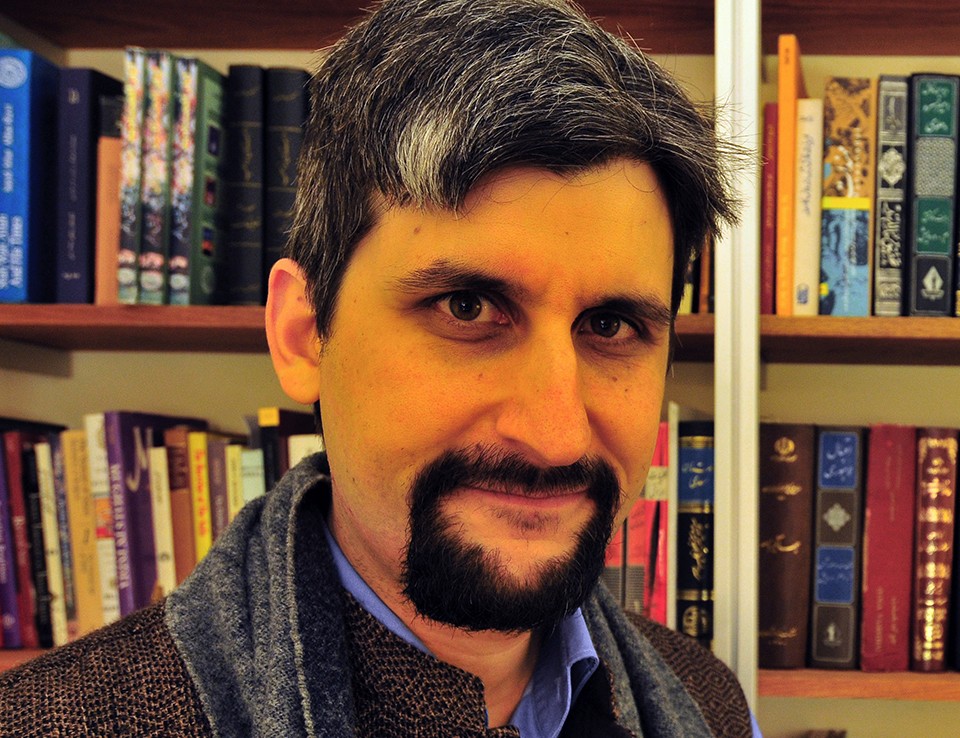How Muslims Discovered America

Travis Zadeh is a scholar of Islamic intellectual and cultural history. His areas of interest include frontiers and early conversion, Qur’anic studies, eschatology, mythology, mysticism, pilgrimage and sacred geography, encyclopedism, cosmography, classical Arabic and Persian literary traditions, material and visual cultures, Islamic studies in the digital humanities, vernacularity and language politics, comparative theories of language and translation, secularism, colonialism, Islamic reform, science, magic, miracles, and philosophies of the marvelous.
Zadeh’s research has examined the role of translation in the formative stages of Islamic history, particularly in the areas of geographical writings on the wonders of the world and scriptural hermeneutics concerning the transcendental nature of the Qur’an. His first monograph, "Mapping Frontiers across Medieval Islam: Geography, Translation and the ‘Abbasid Empire" (I.B. Tauris, 2011), explores the diverse uses of translation, scriptural exegesis, and administrative geography in the projection of imperial power. His second book, "The Vernacular Qur’an: Translation and the Rise of Persian Exegesis" (Oxford University Press, Qur’anic Studies Series – Institute of Ismaili Studies, 2012), examines early juridical and theological debates on the translatability of the Qur’an, the rise of vernacular cultures, the development of Persian exegetical literature, and translations of the Qur’an.
Zadeh is currently researching several topics, including astonishment and wonder before and after the age of reform, material and visual cultures in Islamic studies, knowledge networks spanning frontiers across Central and South Asia, and the intersections between sacred geography, history, and scripture. He is particularly interested in the problem of the marvelous, broadly construed, over the course of Islamic history. This topic forms the basis for his book project, "Marvelous Geographies: Religion and Science in Islamic Thought" (under contract with Harvard University Press). He is also undertaking a book project on the early history, formation, and memory of Mecca, with specific attention to the repeated destruction of the sanctuary complex at the end of the seventh century and the ensuing implications for ritual practice and political authority. Both books draw on archival research conducted with the support of an Andrew Mellon New Directions Fellowship (2013–16).
Professor Zadeh's Athenaeum presentation is co-sponsored by the Kutten Lectureship in Religious Studies at CMC.
